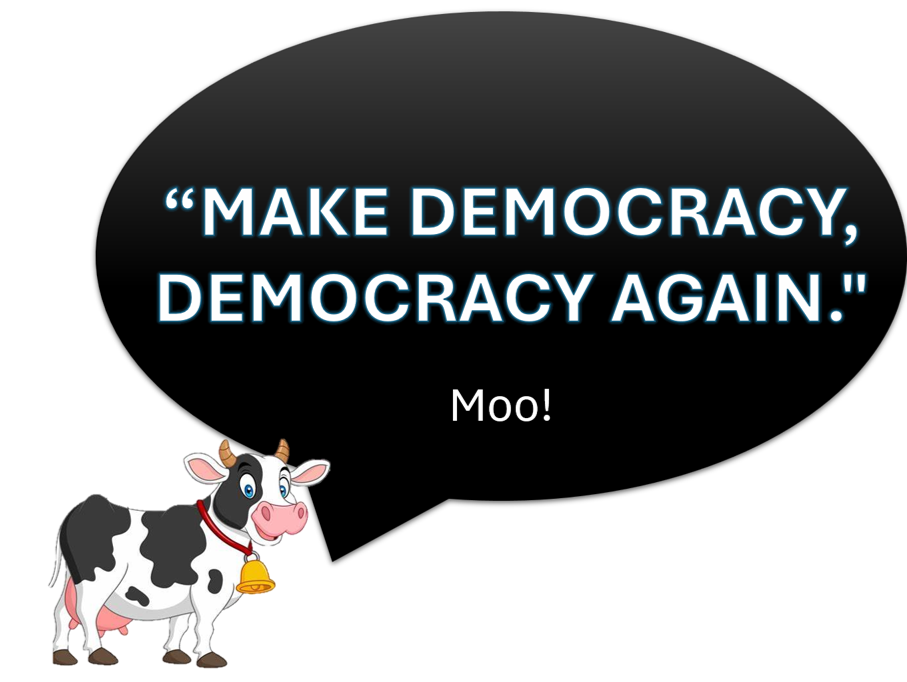1. Direct Democracy: Switzerland practices direct democracy, allowing its citizens to have a significant influence on political decisions through initiatives and referendums.
2. Swiss People: The citizens of Switzerland actively participate in the democratic process, ensuring their voices are heard in government matters.
3. First and Last Word: Swiss people have both the initiating and final say in many legislative decisions through their direct voting system.
4. Petition and Referendums: The Swiss system includes mechanisms for citizens to propose changes or reject laws, which are voted on in referendums held four times a year.
5. Quarterly Calendar: Referendums and initiatives are scheduled quarterly, providing regular opportunities for public participation.
6. Government and MPs: The Swiss population's ability to influence laws and policies directly through frequent referendums means there is less concern about the decisions of government officials and members of parliament.
7. Rotational Presidency: Switzerland's presidency rotates annually among the seven members of the Federal Council, ensuring that executive power is decentralized and that no single individual holds prolonged influence.
8. Federal Council Composition: The seven members of the Federal Council come from different political parties and are not the heads of their respective parties, promoting a balanced and collaborative approach to governance.
9. Cantonal Power: Power in Switzerland is dispersed among the 26 cantons, each with its own constitution and significant autonomy, allowing for local governance tailored to regional needs.
10. Communes: Switzerland is further divided into over 2,000 communes, which are the smallest administrative units and handle many local issues, fostering a strong sense of community and local decision-making.
11. Subsidiarity: The principle of subsidiarity is fundamental in Switzerland, ensuring that decisions are made at the most local level possible, empowering citizens and local governments before higher levels of government intervene.
12. Recalls: Swiss citizens have the power to recall elected officials through a public vote, providing a direct mechanism for accountability.
13. Mandatory Referendums: Certain decisions, such as constitutional amendments, automatically require a referendum, ensuring that significant changes receive direct public approval.
14. Optional Referendums: Citizens can request a referendum on new laws passed by the parliament if enough signatures are collected, allowing for a check on legislative decisions.
15. Intercantonal Opposition: Cantons can oppose federal laws if they believe such laws infringe on their autonomy, promoting a balance between federal and regional authority.
16. Optimal Management: The decentralized political structure, combined with frequent public participation, results in a system that is optimally managed to reflect the diverse needs and preferences of the Swiss population.

Opmerkingen